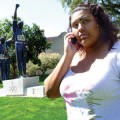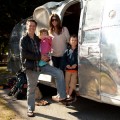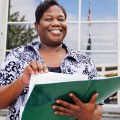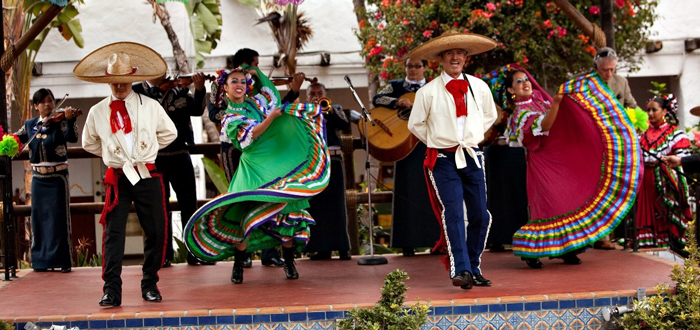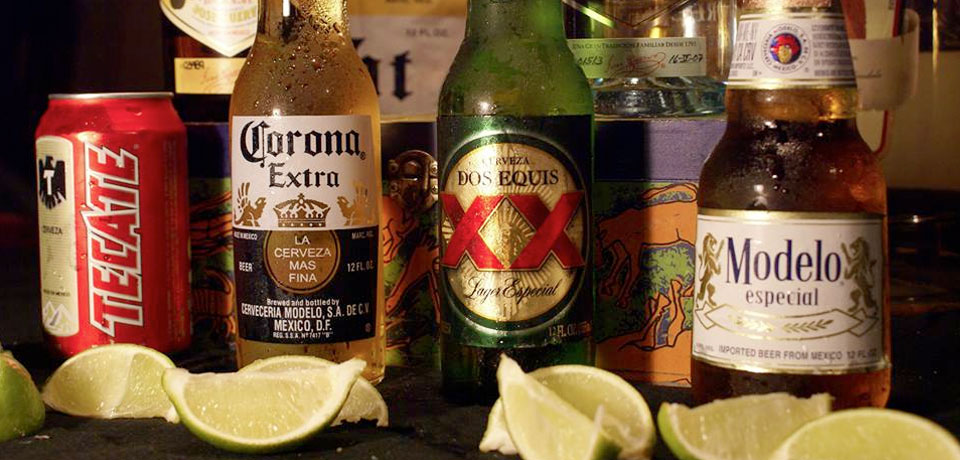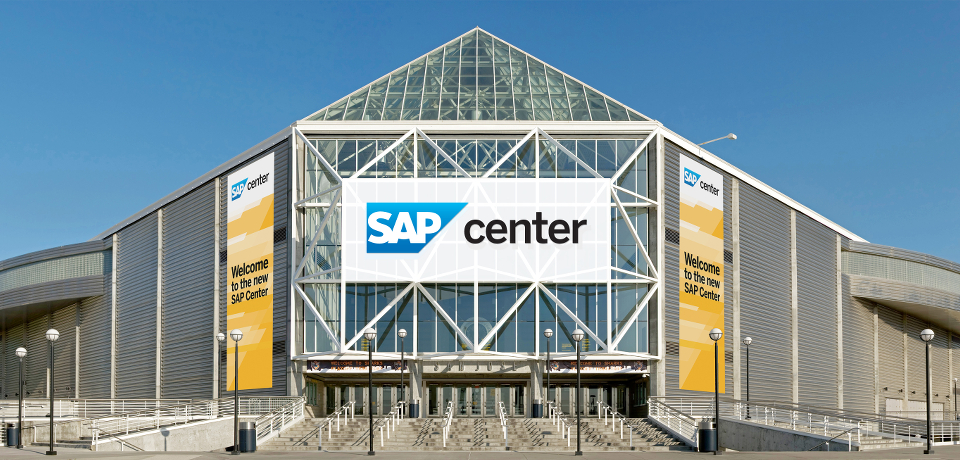EVAN LOW’s background and demeanor, and the refreshingly innocent start to his public service career, have combined to turn the 27-year-old Campbell City Councilmember and former mayor into an intriguing public figure, and one of the valley’s hottest rising stars.
Last week, with family, business leaders, community activists and mayors from neighboring cities standing behind him at a podium set up on the second floor of a Campbell shopping center, Low made the long-expected announcement that he is running to fill the 24th state assembly seat, which will be left vacant by a termed-out Jim Beall. If he were to win this race, Low will be the youngest person in the California Assembly—by six years.
Low’s story began in Almaden: the land of sport wagons, soccer balls, trophy wives and upper-middle- class pressures and malaise. That’s not his description, it’s mine, and comes from personal experience—Low graduated a year behind me at Leland High School, and while I didn’t know him, I know everything about where he came from. A teacher of mine liked to call it the “Golden Ghetto.”
Located at the foot of Mt. Umunhum in south San Jose, Almaden is a safe community where children still walk to school by themselves and neighbors wave to each other. Leland is considered to be its best public school, where many of the students have ambitions of attending prestigious colleges.
But like many schools, a combination of cliques and crushing academic and social expectations can weigh heavier on some than others. To be openly gay just a decade ago at Leland would have created a severe stigma.
“It was completely strange,” Low recalls of his days at Leland. “In this day and age, there are people who are comfortable and public about their background. It wasn’t all that long ago that it wasn’t like that.”
Low describes his upbringing as pleasant yet sheltered. While many of his classmates were graduating and going on to UC and Ivy League schools, Low chose to attend De Anza College. Perhaps showing maturity beyond his years, despite an excellent academic resume, he decided the transition from high school would be easier at the community college, and also liked the idea of saving money. It was just another example of how Low was a little bit different from many of his contemporaries.
His decision surprised some folks in the neighborhood. In describing their reaction, Low makes reference to a place familiar to anyone who knows Leland—a locale popular among slackers and stoners. He says: “The parents of some of my friends would ask, ‘What’s wrong with Evan? Is he down at the creek?’”
Low transferred from De Anza to San Jose State University and continued to define his own path. That is, until he was unexpectedly forced to confront the issue of his sexuality in a public forum when he ran for a Campbell City Council seat as a 21-year-old college student. The transition to being openly gay—with voters as well as his family—was anything but graceful.
In the run-up to a 2004 election he ended up losing by two percentage points, Low was outed by a reporter for the Palo Alto Daily News. The reporter had interviewed someone who said they liked the idea of having an openly gay elected official. The reporter ran with the story, and Low’s sexuality became the headline. This wouldn’t have upset him, he says, except he had yet to tell his parents and his brother.
“You can imagine,” he says, “that’s a very sacred and private issue, and one that generally needs to be reconciled with family first. My parents were very loving and said, ‘You’re family.’”
Motivated to run for the Campbell City Council as a student project designed by SJSU political science professor Terry Christensen, Low had the energy but not the necessary experience. Two years later, he went back to the well and won a seat. Each year the council selects one of its five members to become mayor, and Low received the honor in 2009 at just 26 years of age. The result was a wave of stories across the nation noting that Campbell had the youngest openly gay mayor in the country.
“He’s got the gift politicians need of being likeable and being comfortable with people,” Christensen says. “He ran for City Council and lost. That would be enough for most people, but he went right back.”
Christensen’s assessment of Low carries some additional weight because the professor is currently working for county Supervisor Ken Yeager, who has set up an exploratory committee for his own assembly run. San Jose Councilmember Pete Constant has also talked about his interest in running for the position. Depending on how redistricting boundaries are drawn, the competition could be fierce.
Low’s path to this point, and possibly Sacramento, has been stunningly quick. Rather than immersing himself in politics as a high school student, Low devoted himself to activities like Key Club and volunteering with his father, Art Low, at community events. An optometrist for more than 35 years, Art is a board member and past president of the Campbell Chamber of Commerce.
“I think he instilled that kind of philosophy and sentiment in me when I was young,” Low says. “People say, ‘You’re so young. Why do this now?’ But it’s nothing new to me. I grew up with it. It’s second nature.”
While his status as one of the nation’s youngest openly gay elected officials receives much of the attention, Low knows that the stereotype of Asians in politics can equally pigeonhole a candidate.
“Traditionally, in the culture of the Asian and Pacific Islander community, politics is not something one tries to encourage,” he says. “You become an engineer, a doctor or a lawyer—those types of endeavors.”
People such as former San Jose Mayor Norm Mineta, U.S. Rep. Mike Honda and San Jose Vice Mayor Madison Nguyen, who has already endorsed Low, have proven those stereotypes no longer apply. But Low still gets a little brush back for what he represents. He has received a fair amount of hate mail for his opposition to Proposition 8 as well as his support of immigrants and minorities.
“A lot of people will say they don’t know any gay people, but then we’ll meet and people will say, ‘He’s not that bad,’” Low says with a short laugh. “Being able to represent a community well is something I cherish. I say that not only as a member of the gay community, but as an Asian, a Pacific Islander and a young person.”
With the state assembly receiving just an 18 percent approval rating from likely voters, Low says his main motivation to run has been to lessen the public mistrust and show the benefit of an efficiently run government.
“There’s so many things that discourage people to not get into the process, but there’s such a need to get active and help people pick up the pieces,” he says. “I think there was a call to action at that point.”
 Review: India Chaat Cuisine
Review: India Chaat Cuisine 
